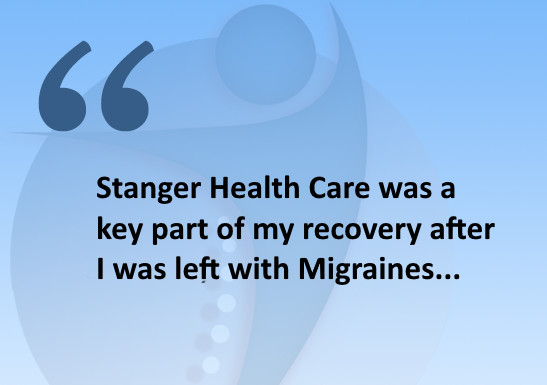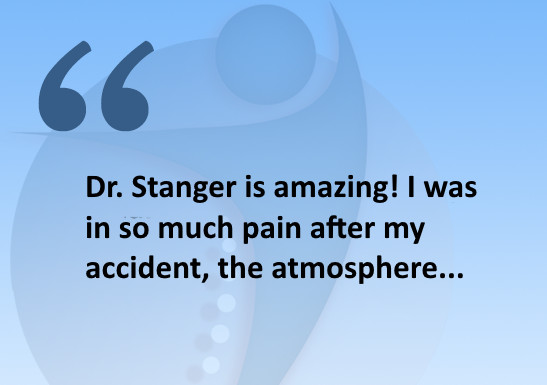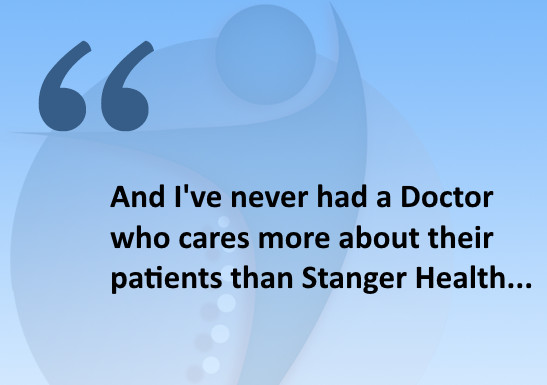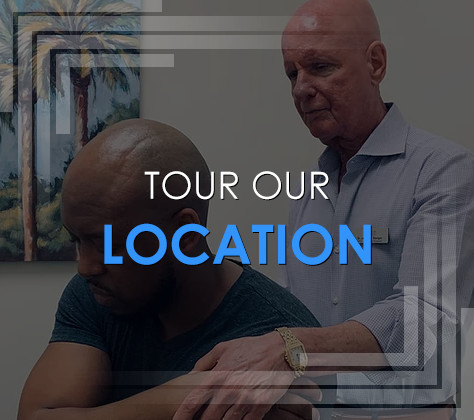
Know Your Medical Benefits
Auto Insurance: What Is Personal Injury Protection Coverage?
Personal injury protection (PIP) a form of auto insurance that covers medical expenses incurred for the driver, and any passengers involved in the accident. PIP is considered no fault because all affected parties are insured regardless of who is actually at fault. On average, 80% of the following expenses are covered by PIP: dental, ambulance, funeral, rehabilitation, lost wages and home upkeep.
Who Has PIP Coverage? Although PIP is voluntary is most states, there are a few states in which it is mandatory:
- Delaware
- US
- Hawaii
- Kansas
- Kentucky
- Massachusetts
- Michigan
- Minnesota
- New Jersey
- New York
- North Dakota
- Oregon
- Pennsylvania
- Utah
Who should buy PIP?
While those without health insurance are the most obvious candidates, individuals with a primary insurance plan can still reap the benefits of PIP’s no fault structure by dodging drawn out legal proceedings and enjoying quick payments. In addition, the benefits of PIP extend far beyond the primary driver of a vehicle. For example, if a person with PIP insurance lends his car out to a friend who then gets in an accident, the coverage can carry over to this person. Insured pedestrians struck by another vehicle are also eligible for coverage. PIP can also contribute on top of any existing health insurance proceedings for bodily injury. When viewed in this sense, there is sufficient reason to own health insurance along with PIP even if there is slight overlap.
Anything else I should know?
It is worthy to note that PIP has a threshold attached to it which varies considerably among the no fault states. This threshold is reached through either a predefined monetary ceiling as in Hawaii, Kansas, Kentucky, Massachusetts, Minnesota, North Dakota and Utah, or by classification of injury severity as in US, Michigan, New Jersey and New York. Some states have enacted hybrid laws that combine elements of both threshold types. Once the threshold is passed, the party deemed at fault is vulnerable to lawsuits. In a monetary threshold state this happens when damages exceed a specific dollar amount, while in the other states injuries must be devastating enough to bypass the threshold (instances such as permanent disability, loss of a limb, or death would qualify among other instances). It is also important to know that PIP will not cover physical damages to a vehicle in an auto accident.
Auto Insurance: What Is Personal Injury Protection Coverage?
Personal injury protection (PIP) a form of auto insurance that covers medical expenses incurred for the driver, and any passengers involved in the accident. PIP is considered no fault because all affected parties are insured regardless of who is actually at fault. On average, 80% of the following expenses are covered by PIP: dental, ambulance, funeral, rehabilitation, lost wages and home upkeep.
Who Has PIP Coverage? Although PIP is voluntary is most states, there are a few states in which it is mandatory:
- Delaware
- US
- Hawaii
- Kansas
- Kentucky
- Massachusetts
- Michigan
- Minnesota
- New Jersey
- New York
- North Dakota
- Oregon
- Pennsylvania
- Utah
Who should buy PIP?
While those without health insurance are the most obvious candidates, individuals with a primary insurance plan can still reap the benefits of PIP’s no fault structure by dodging drawn out legal proceedings and enjoying quick payments. In addition, the benefits of PIP extend far beyond the primary driver of a vehicle. For example, if a person with PIP insurance lends his car out to a friend who then gets in an accident, the coverage can carry over to this person. Insured pedestrians struck by another vehicle are also eligible for coverage. PIP can also contribute on top of any existing health insurance proceedings for bodily injury. When viewed in this sense, there is sufficient reason to own health insurance along with PIP even if there is slight overlap.
Anything else I should know?
It is worthy to note that PIP has a threshold attached to it which varies considerably among the no fault states. This threshold is reached through either a predefined monetary ceiling as in Hawaii, Kansas, Kentucky, Massachusetts, Minnesota, North Dakota and Utah, or by classification of injury severity as in US, Michigan, New Jersey and New York. Some states have enacted hybrid laws that combine elements of both threshold types. Once the threshold is passed, the party deemed at fault is vulnerable to lawsuits. In a monetary threshold state this happens when damages exceed a specific dollar amount, while in the other states injuries must be devastating enough to bypass the threshold (instances such as permanent disability, loss of a limb, or death would qualify among other instances). It is also important to know that PIP will not cover physical damages to a vehicle in an auto accident.
Call Now For More Information About
Stanger Injury Centers
Get Your Free Consultation
Get Your Free Consultation
READ OUR PATIENT TESTIMONIALS
Auto Accident Victims Discover Personal Recovery Success
Auto Accident Victims Discover Personal Recovery Success






